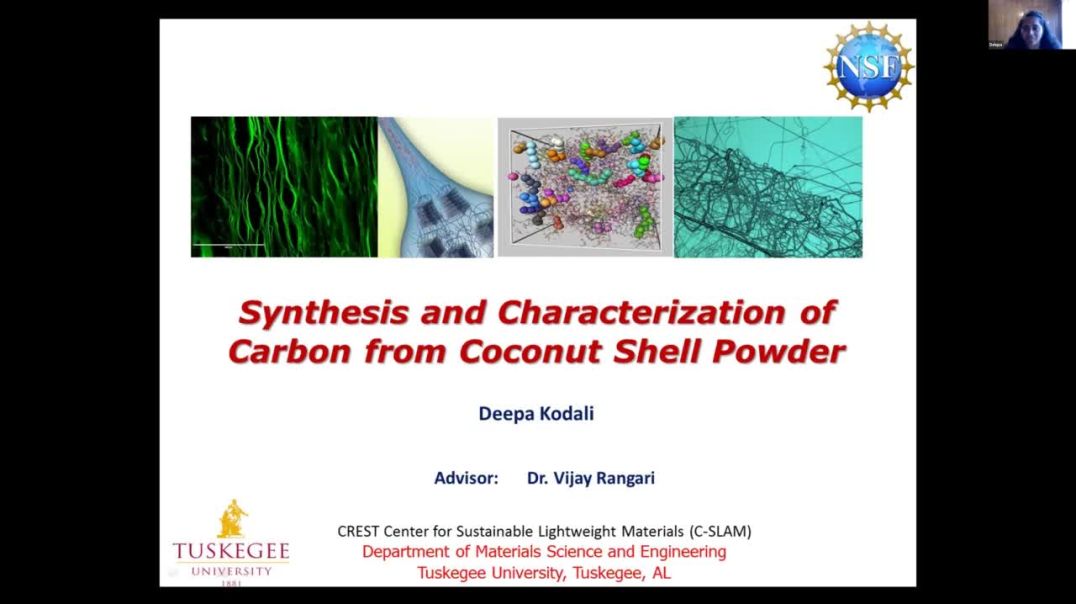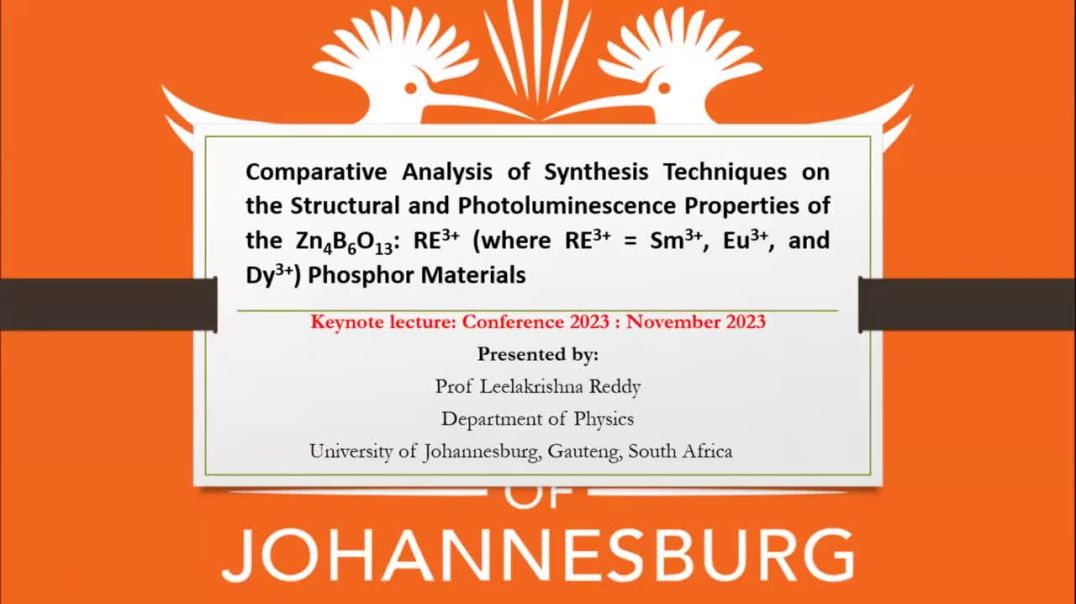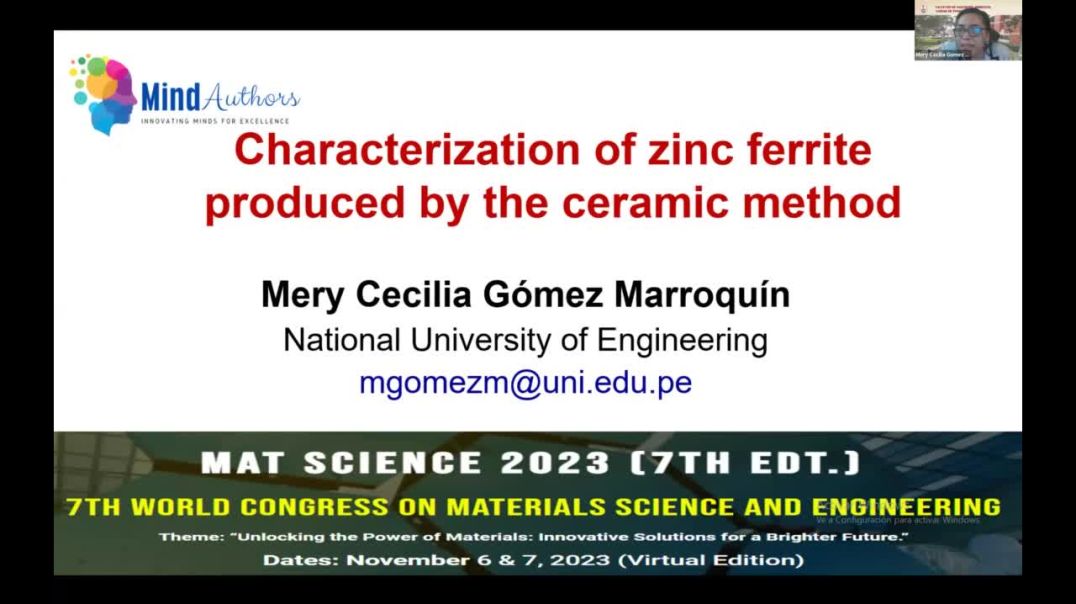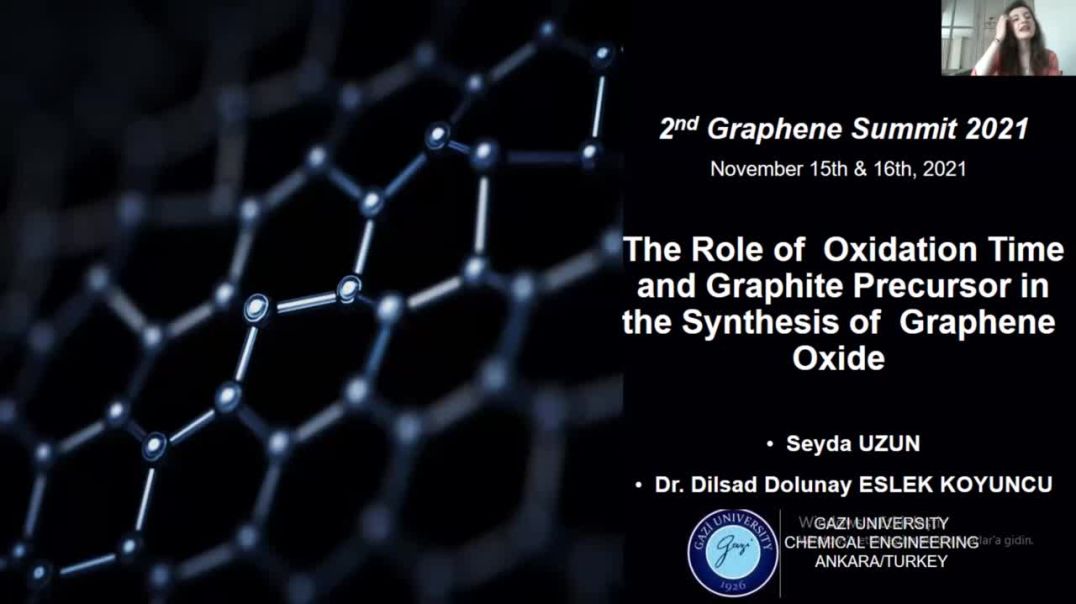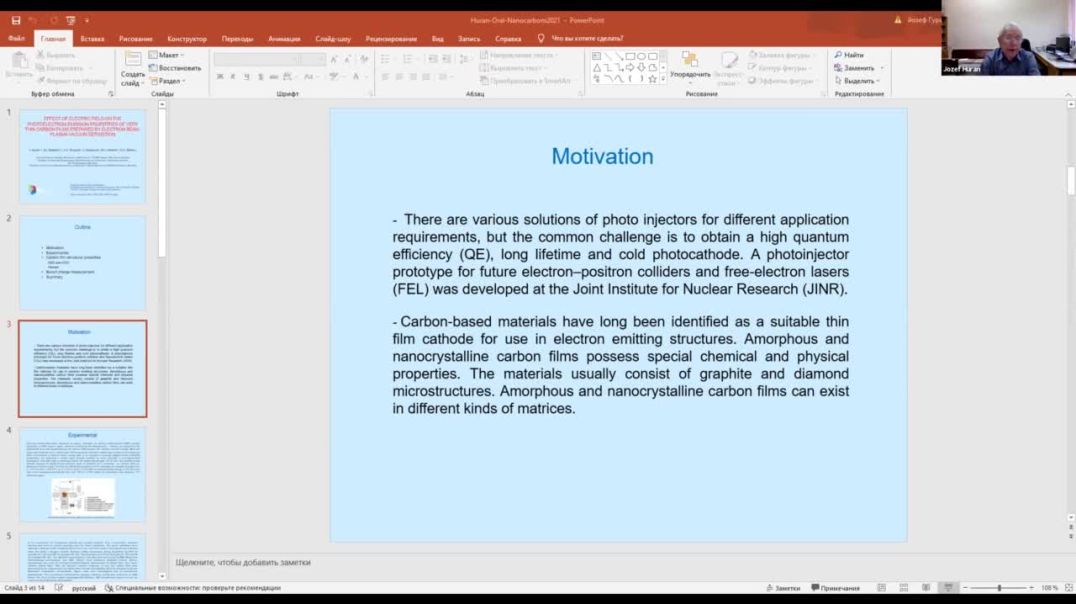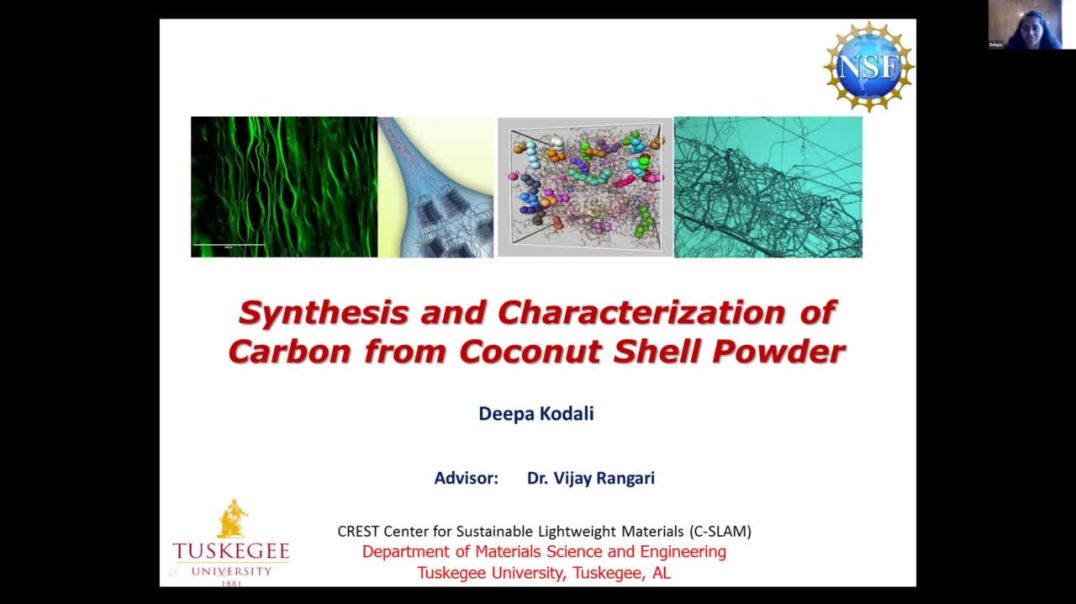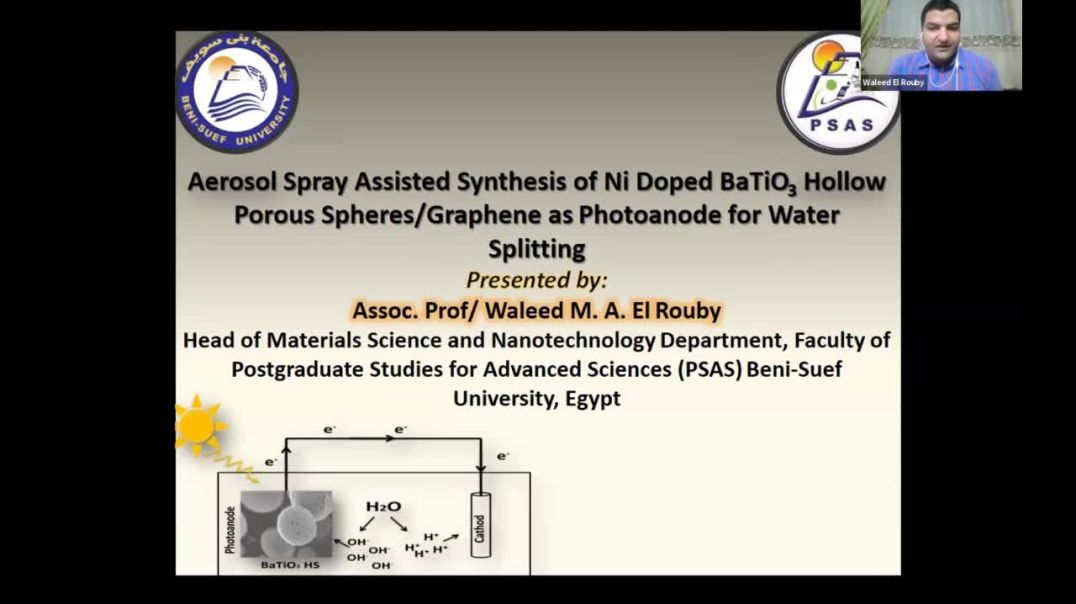Synthesis and characterization of carbon from coconut shell powder | Deepa Kodali
Summary :
The declining quality of the Erath’s environment and climate change has been challenging the mankind since centuries. Despite the detrimental effects, plastics serve in a wide range of applications due to various properties like high strength, durability, transparency, corrosion resistance, low toxicity, and lightweight. Multifarious industries ranging from food packaging to space exploration tend to use plastics which leads to the immense pollution. Bio-based polymers have proved to be potential countermeasure to for plastic pollution and have thus drawn plentitude attention from the researchers in the recent years. In view of the above, bio-based carbon serves as an excellent filler for thermoplastics which can be used for diverse applications. The carbon is synthesized from the waste coconut shell powder by using high temperature/pressure reactor. Furthermore, Iron acetyl acetonate is used as catalyst and is loaded with 1 , 2 and 3 wt% in the coconut shell powder and is magnetically stirred for 3hrs in chloroform to obtain homogenous dispersion of catalyst in the coconut shell powder. The pyrolysis is conducted with heating rate of 10°C/min from room temperature to 1000°C and was held for 2 hrs isothermally. Thus derived carbon was ultrasonicated for 3hrs in the presence of ethanol and was characterized using SEM, Raman and XRD.
About Author :
Deepa Kodali received her PhD in the year 2019 in mechanical engineering from the University of Alabama in Huntsville. She has been a postdoctoral research fellow at Tuskegee University in the Department of Materials Science and Engineering since September 2019. She is a receiver of Zonta Amelia Earhart Felowship in the year 2016. Her research interests include polymer nanocomposites, bio materials and bio inspired materials for aerospace applications.
